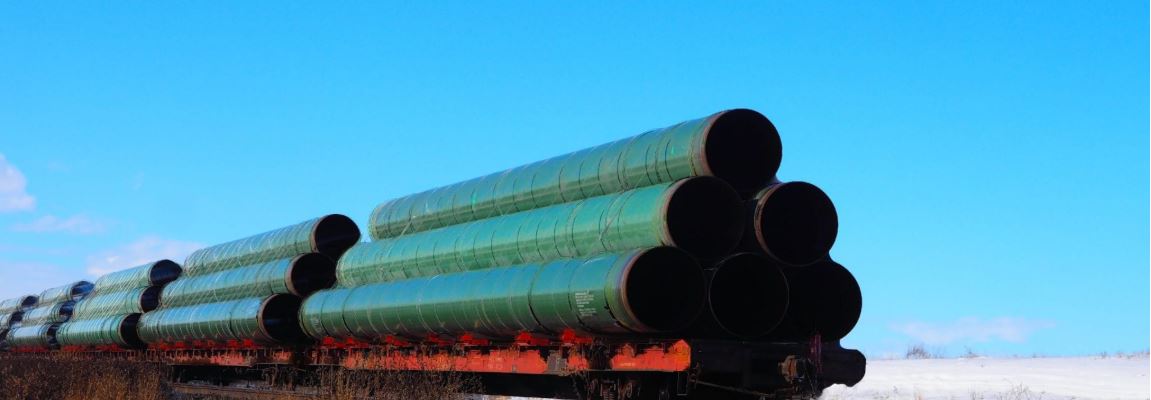A world without pipelines would set us back not only economically but also environmentally.
A recent spate of court rulings and corporate decisions has commentators asking if the age of the pipeline has come to an end.
On July 6, the U.S. Supreme Court effectively halted Keystone XL by denying it the ability to obtain Nationwide Permit 12 authorization to dredge wetlands. The project, subject to a decade’s worth of legal wrangling, has yet to reach completion, but would carry as much as 800,000 barrels of oil south through the U.S. heartland from Alberta. The same day, U.S. District Judge James Boasberg ordered that the Dakota Access Pipeline be closed and emptied within a month. Though the Standing Rock Sioux protest attained cause célèbre status, Dakota Access went into operation in 2017, transporting half a million barrels of oil a day from the Bakken shale formation.
These court rulings came on the heels of the July 5 announcement by Dominion Energy and Duke Energy that, due to ongoing legal uncertainties, they would cease development of the Atlantic Coast Pipeline. The project, into which they invested six years and billions of dollars, would have moved gas from the Marcellus shale reservoir to customers in Virginia and North Carolina.
This news flurry has elicited exaltation from environmental activists, but their joy is misplaced. A world without pipelines would set us back not only economically, but environmentally as well.
What would a world without pipelines look like? First, no pipelines would not mean no fossil fuels. Fossil fuels would remain affordable (albeit less so) and reliable and would therefore still be in demand. The difference would be in which fuels are used and how they’re transported. These are not differences that environmentalists would find pleasing.
One consequence of pipeline shutdowns is a partial negation of the economic advantage that natural gas has over coal for electricity generation in many regions. Making gas harder to come by makes coal more appealing at the margin, despite coal’s higher emissions profile. Similarly, decreased access to natural gas also precipitates increased consumption of high-emissions distillate fuel oil for home heating, as we have already seen in the Northeast, despite Pennsylvania’s status as one of the world’s most prodigious gas-producing regions.
A second consequence is that more oil and gas would be moved by road, rail, and transoceanic shipping line. Road and rail are demonstrably less secure than pipelines and increase the probability of spills.
Jordan McGillis – The American Spectator – July 18, 2020.




